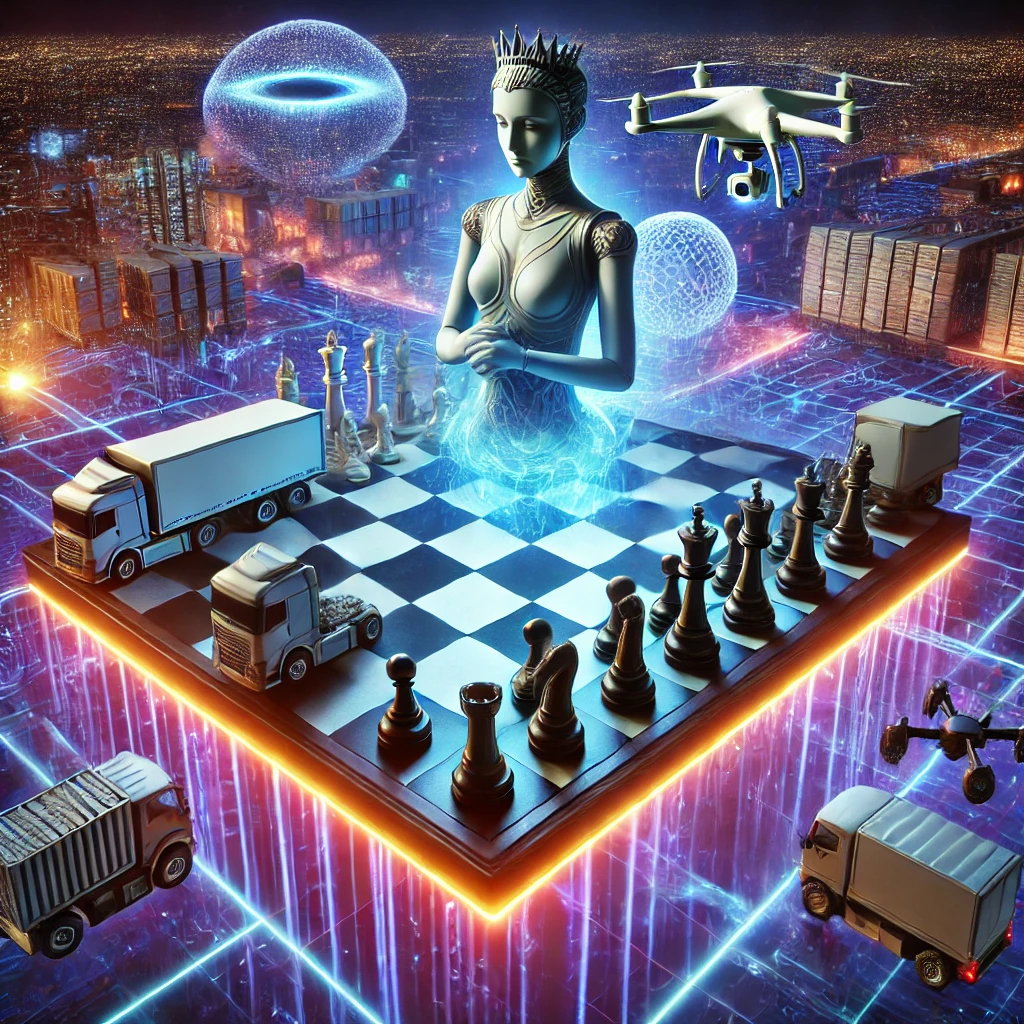Artificial Intelligence (AI) is revolutionizing supply chain management by enhancing efficiency, agility, and decision-making across every stage of operations. One of the most significant impacts lies in demand forecasting and inventory optimization. Advanced machine learning algorithms analyze vast datasets—including historical sales, market trends, weather patterns, and social media sentiment—to generate highly accurate demand predictions. This enables companies to dynamically adjust inventory levels, reducing excess stock and minimizing shortages. For instance, AI-powered tools like predictive analytics can identify subtle demand shifts in real time, allowing businesses to reroute shipments or adjust production schedules proactively. Retail giants like Amazon and Walmart leverage these capabilities to maintain lean inventories while ensuring rapid fulfillment, cutting costs, and improving customer satisfaction.
AI is also transforming logistics and supplier management. Autonomous systems and smart algorithms optimize route planning, warehouse operations, and last-mile delivery. Self-learning logistics platforms factor in variables such as traffic, fuel costs, and delivery windows to suggest the most efficient routes, slashing transportation expenses and carbon footprints. Meanwhile, AI-driven supplier risk management tools assess vendor reliability by analyzing financial data, geopolitical factors, and historical performance, helping companies build resilient supplier networks. Additionally, natural language processing (NLP) streamlines communication with suppliers through chatbots and automated contract analysis, reducing delays and human error. For example, companies like DHL and Maersk use AI to automate freight scheduling and monitor global shipments in real-time, enhancing transparency across complex supply chains.
Looking ahead, AI is paving the way for autonomous supply chains. Innovations like robotic process automation (RPA) and AI-powered digital twins—virtual replicas of physical supply chains—enable real-time simulation and scenario testing. These tools allow businesses to anticipate disruptions, from port closures to material shortages, and implement contingency plans swiftly. Furthermore, AI enhances sustainability by optimizing resource use; for instance, it identifies energy-efficient manufacturing processes or circular economy opportunities. As AI continues to evolve, its integration with IoT devices and blockchain will further amplify traceability and ethical sourcing efforts. By merging data-driven insights with adaptive workflows, AI is not only solving traditional supply chain challenges but also redefining resilience and innovation in an increasingly volatile global market.
The AI in Supply Chain Hub includes insights, tools, templates, use cases, and other essentials enterprise AI practitioners require to transform SCM.

